Taiwan 6.4 earthquake hits city of Tainan
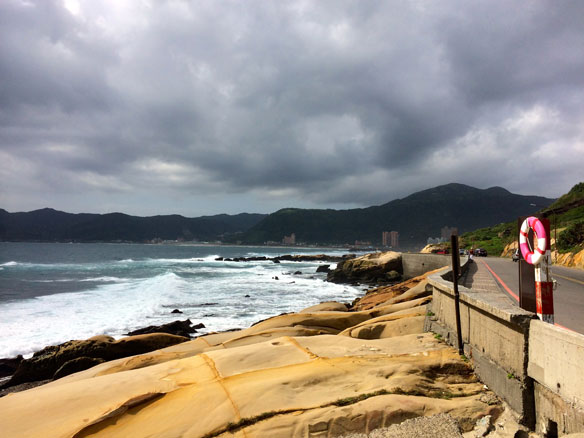
A 6.4 magnitude struck southern Taiwan in the early hours of Saturday morning. The quake was shallow, so its effects would have been amplified, the US Geological Survey (USGS) said.
Protect S.C. coast: No retreat from ‘line in the sand’
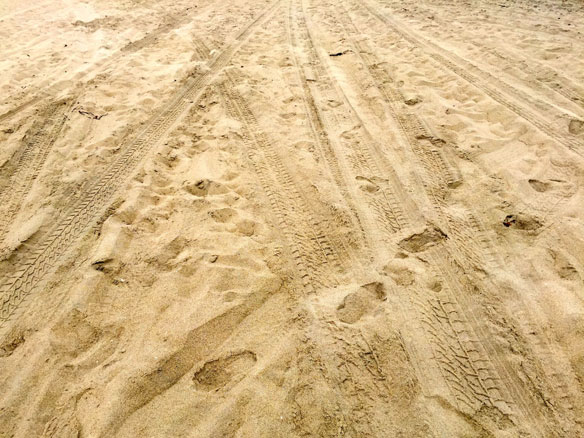
South Carolina faces an historic opportunity this legislative session, with a vote on the floor likely in the coming weeks. The time could not come soon enough, as our coastal communities face record-breaking storm surges, sea level rise, and flooding events.
Shifting Sands, Shifted Rights: The Beach as Contested Space
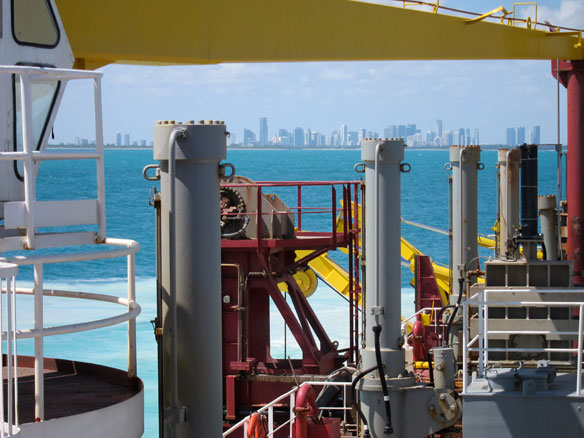
Determining rights to Florida’s sandy beaches has presented a thorny set of issues. But for many years, the public and private interests have co-existed. Now, along with population growth, sea level rise and relentless erosion have become an uncomfortable reality. The infinite variety of scenarios that sea level rise is presenting and will present along the coast will challenge our legal system in many ways.
East coast braces for severe flooding as weekend snowstorm approaches
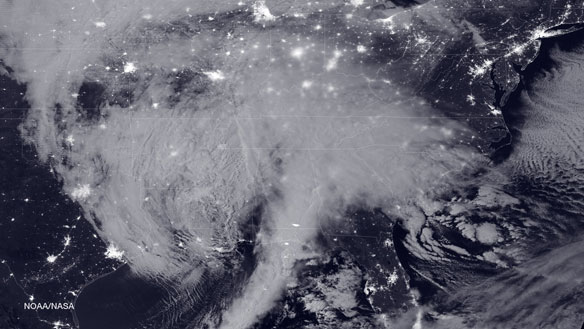
The winter storm that caused damage during the night along the Gulf Coast has deepened and has started to spread heavy rain, freezing rain, sleet and snow northward into the Mid-Atlantic region. A coastal flood warning has been issued for Delaware, New Jersey and the southern coast of Long Island.
NOAA study finds ‘living shorelines’ can lessen climate change’s effects
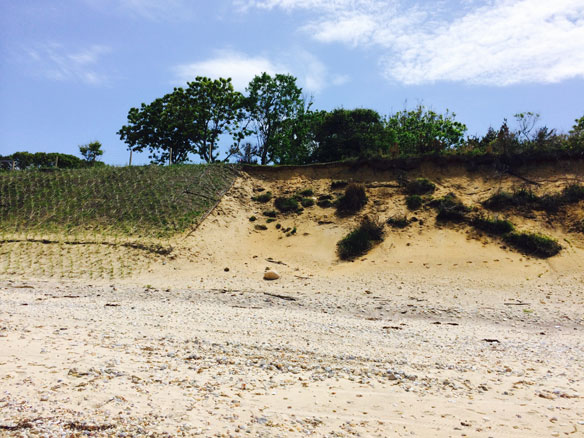
A recent NOAA study, shows “living shorelines” — protected and stabilized shorelines using natural materials such as plants, sand, and rock — can help to keep carbon out of the atmosphere, helping to blunt the effects of climate change.
Shark ‘eco-barrier’ nets for New South Wales’ north coast to be installed
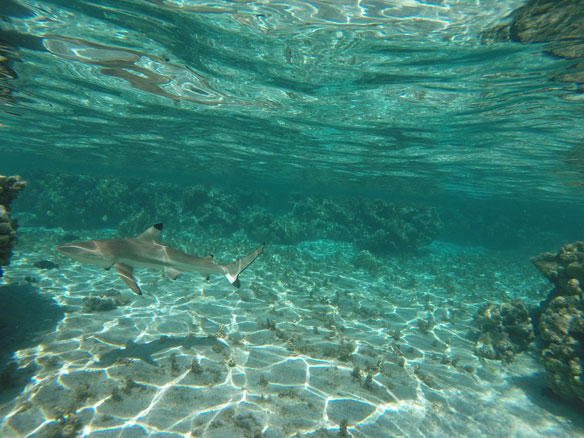
Unlike traditional shark nets, the eco-barriers stretch from seabed to surface and shoreline to shoreline. They are made of thick, rigid nylon that does not trap marine wildlife, as the older nets tend to do.
As Sea Levels Rise, Are Coastal Nuclear Plants Ready?
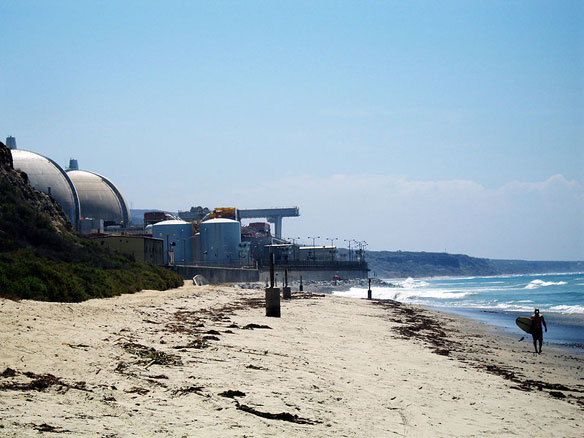
Safety concerns have stoked opposition to nuclear. Reactors can’t operate safely without uninterrupted power and vast amounts of cool water, which is why they’re often located near coastlines, rivers, and lakes.
727 People on Chesapeake Bay Island Could Become America’s First ‘Climate Refugees’
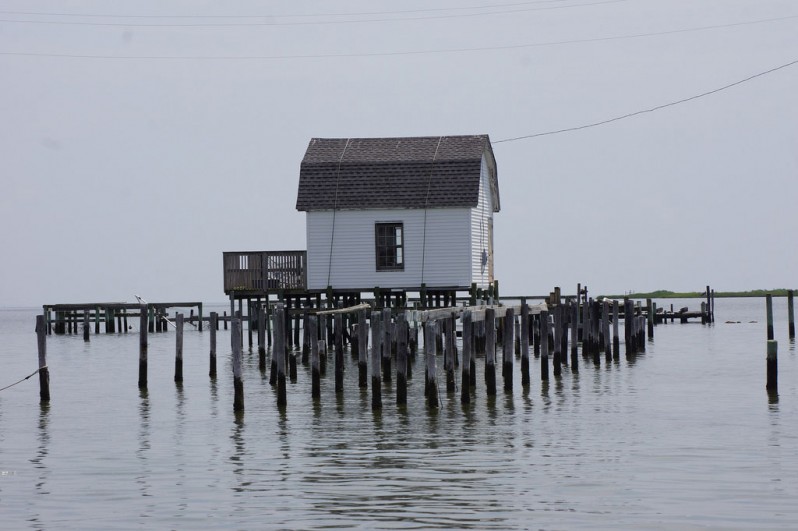
Rising seas will likely render the last inhabited island in Virginia uninhabitable in 50 years, a new study finds.
World’s Cities Join Growing Push to Divest From Fossil Fuels

An increasing number of cities across the globe, including Norway’s capital Oslo, are pledging to divest from fossil fuels. Some are going even further by cutting their use of oil, coal, or natural gas.
